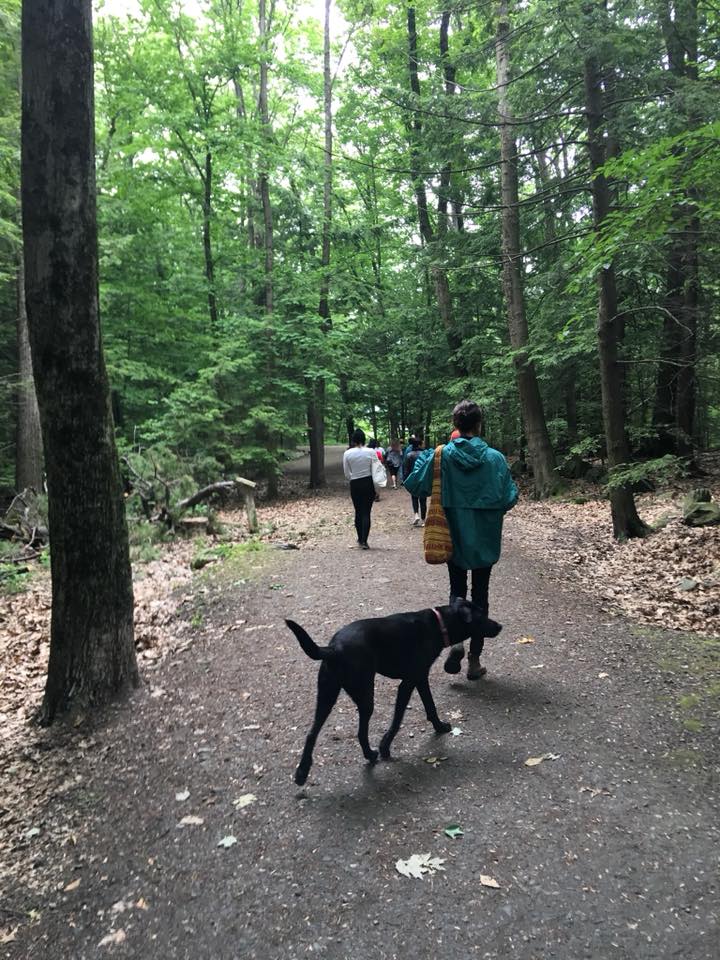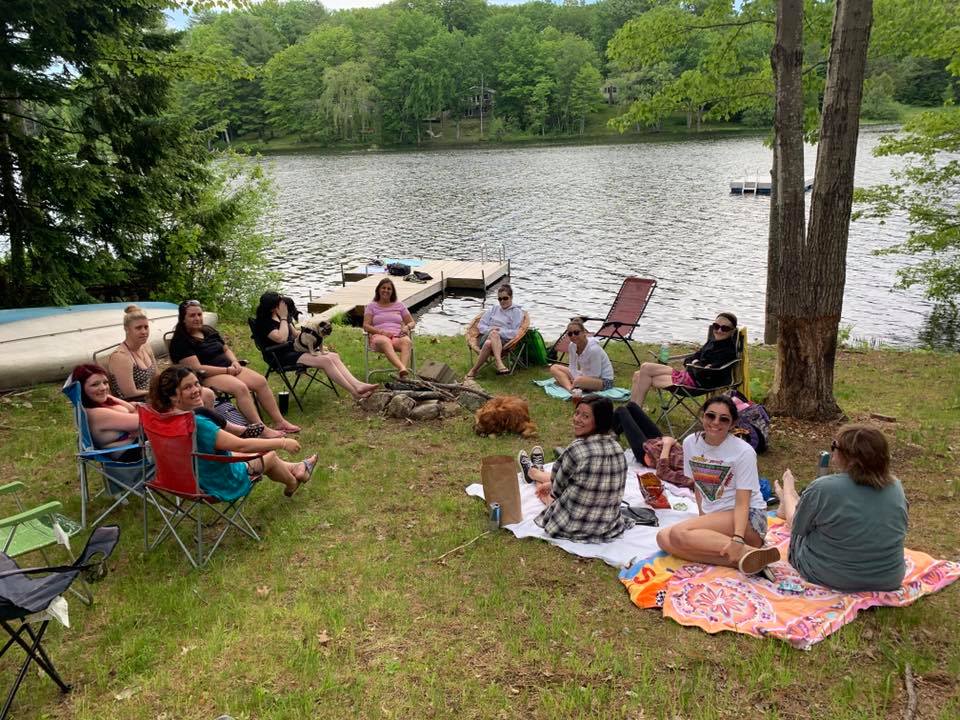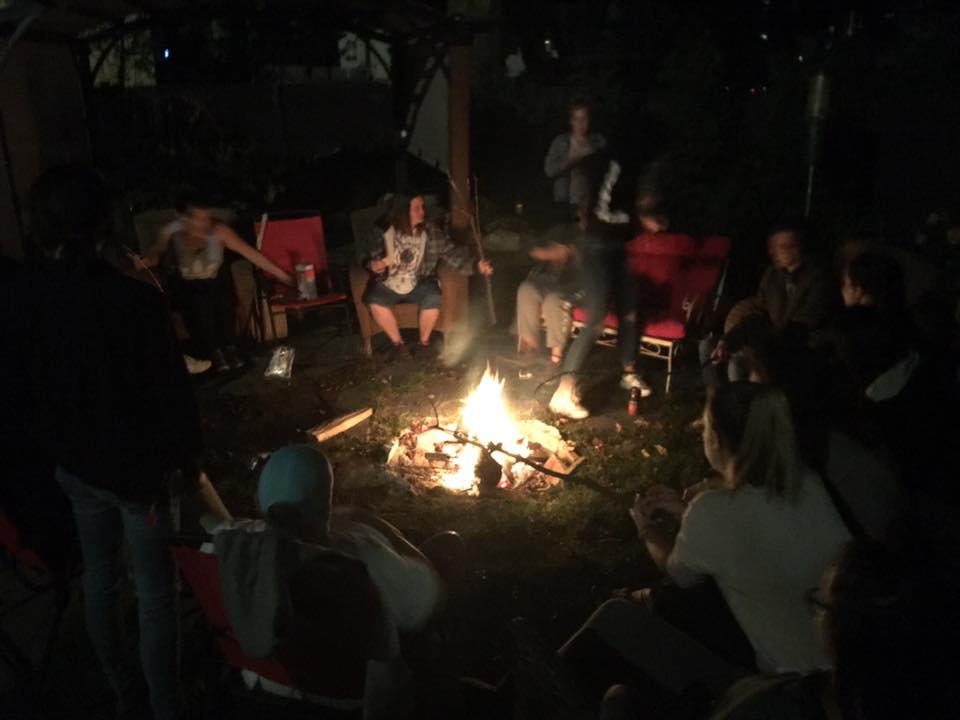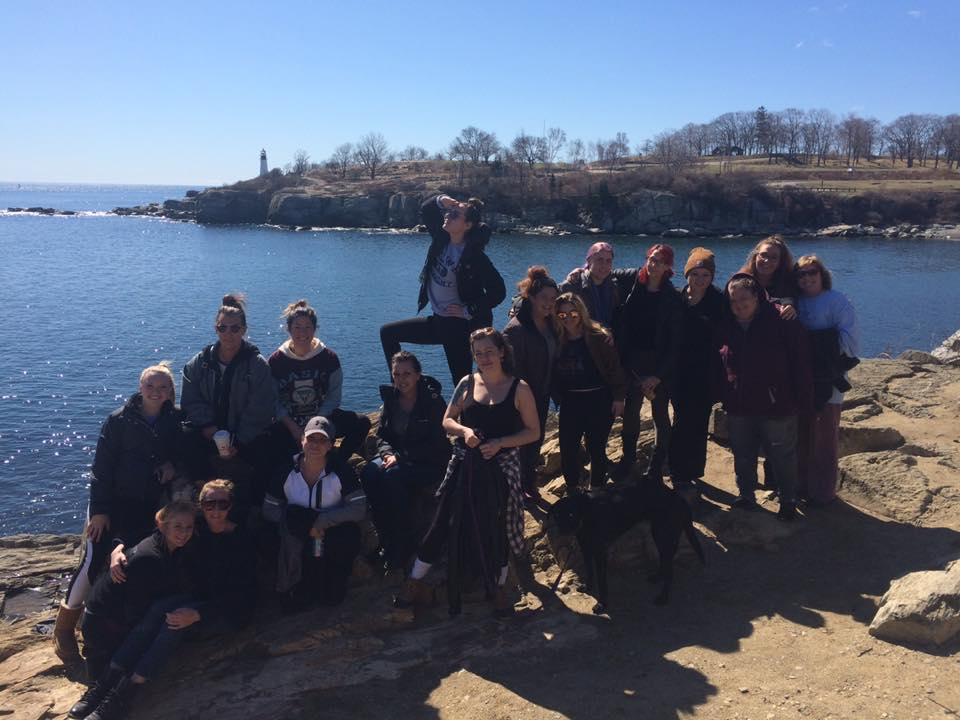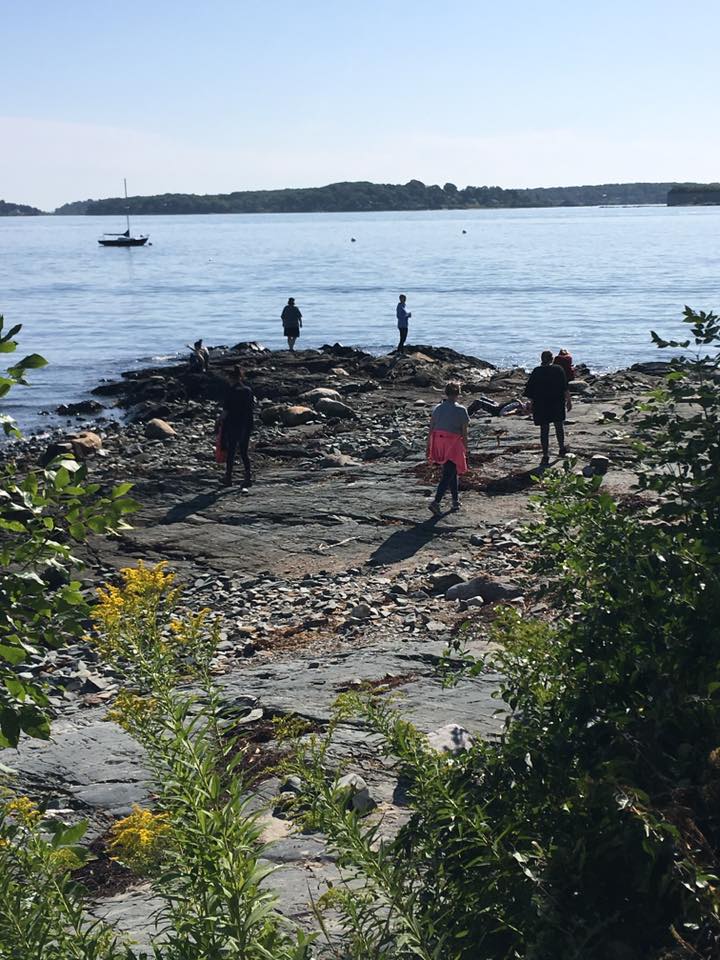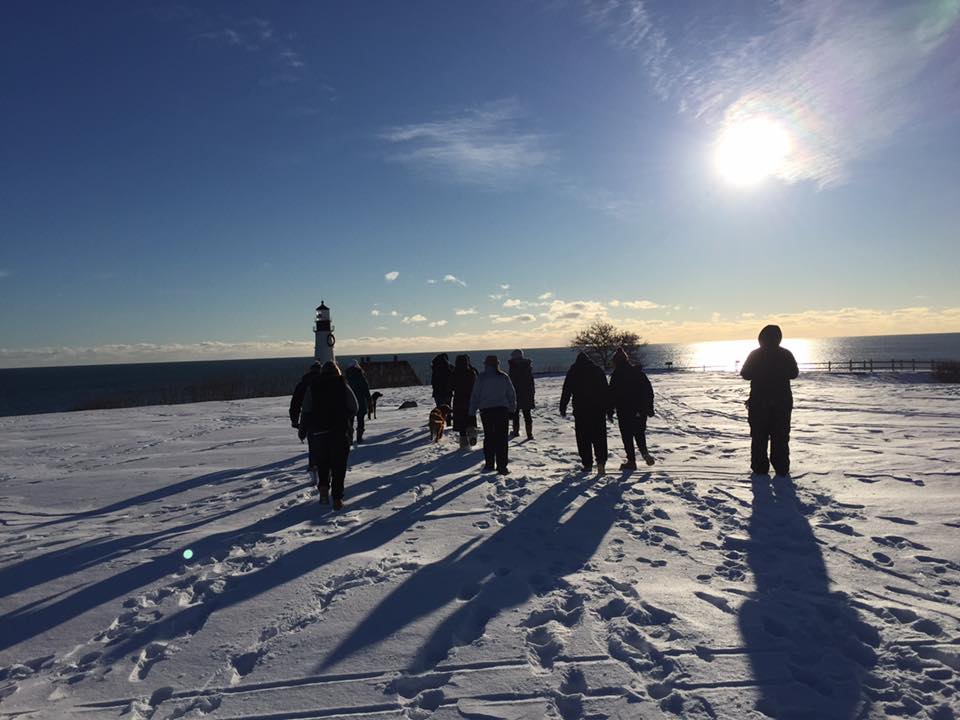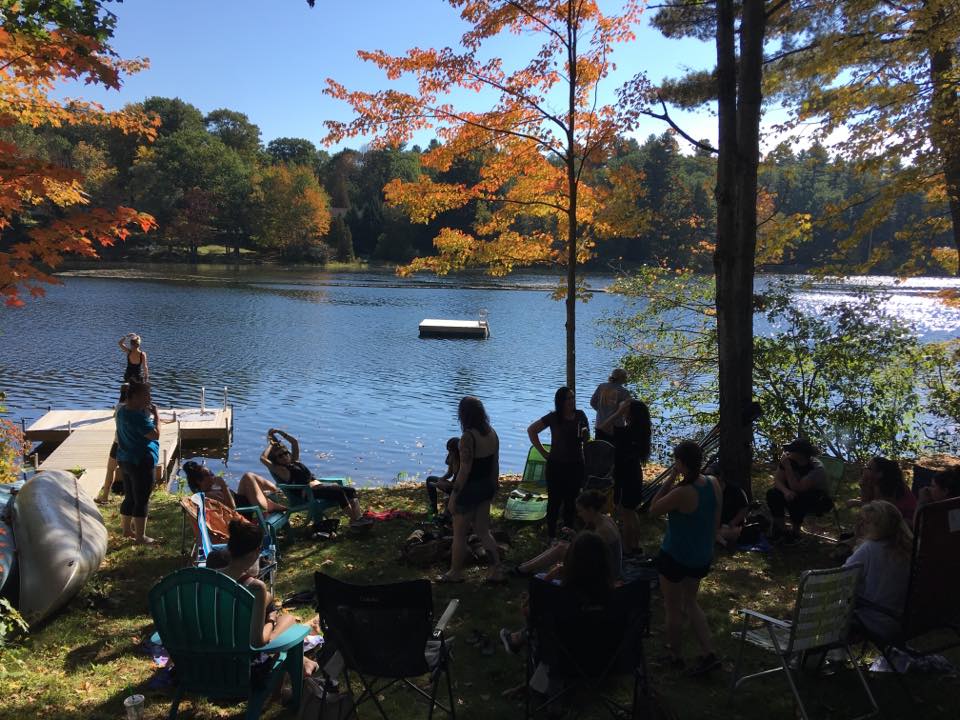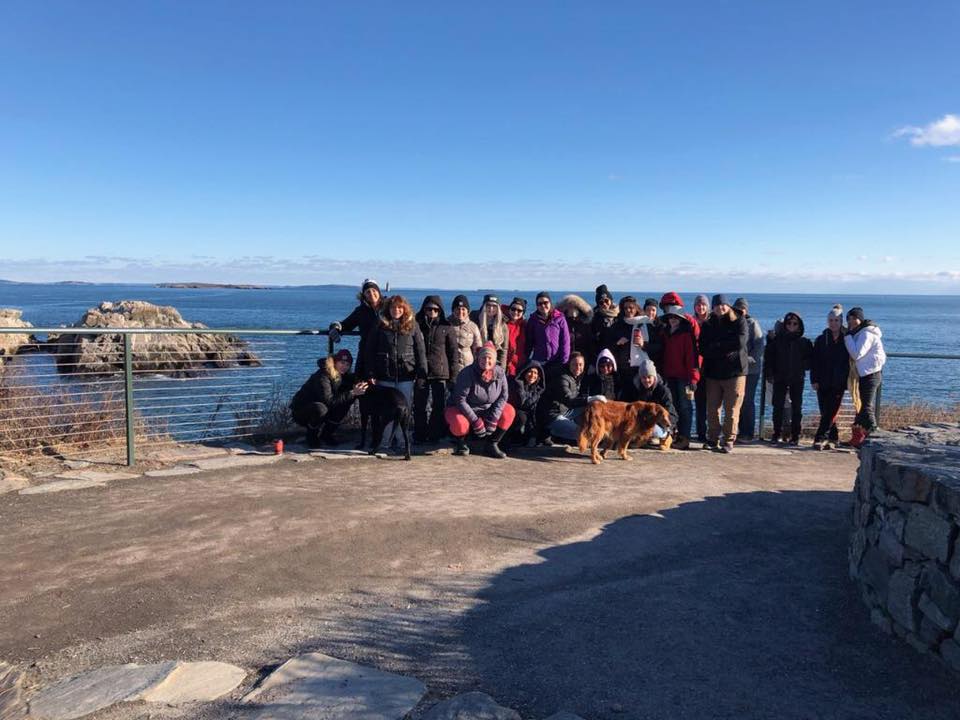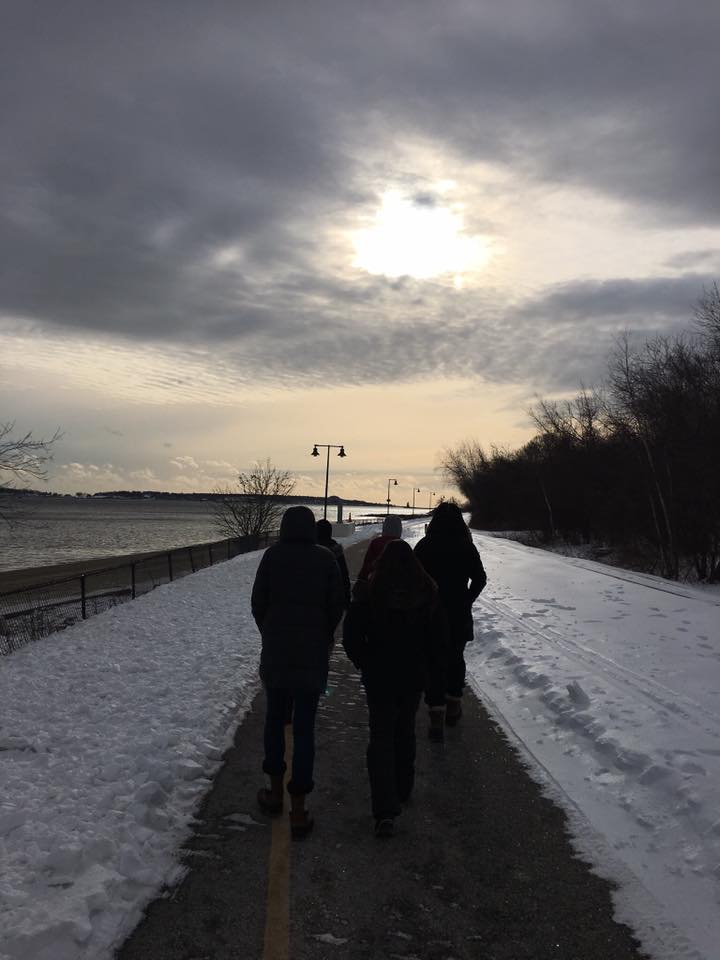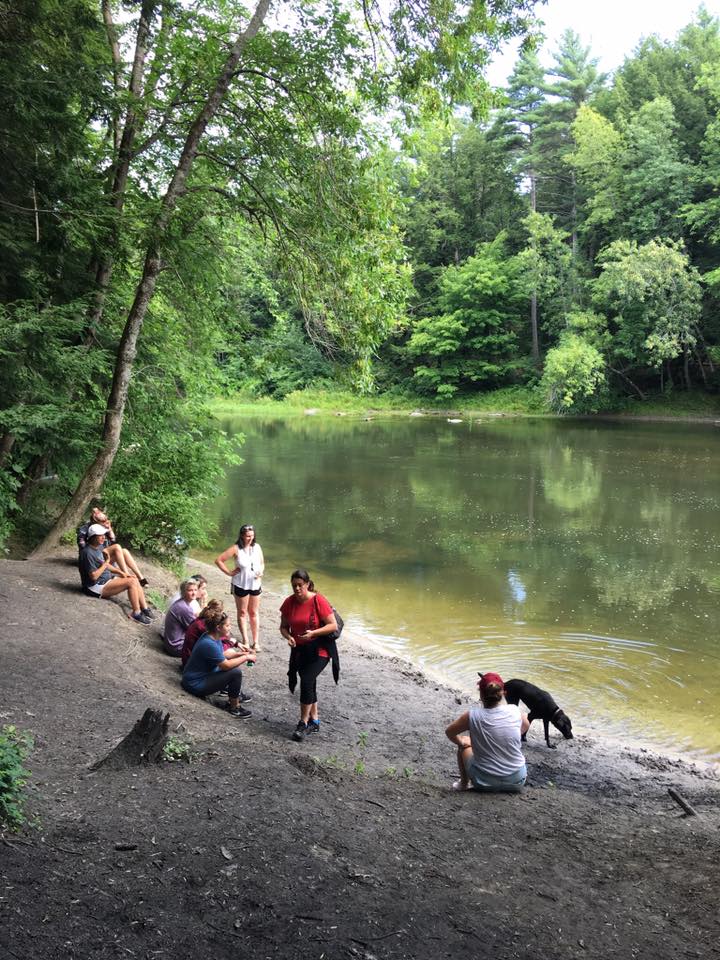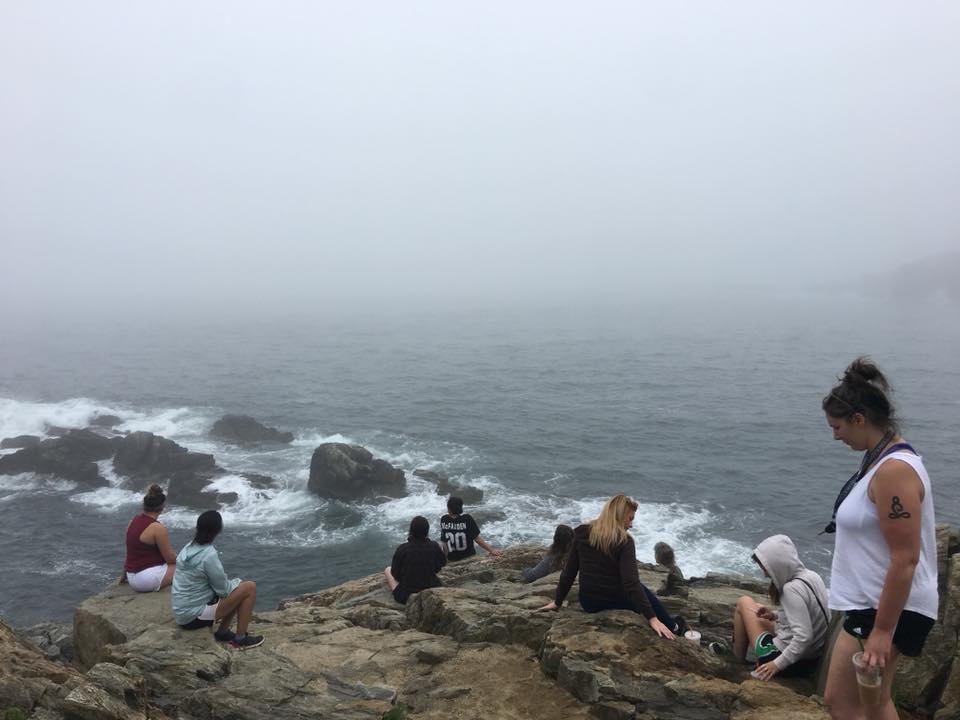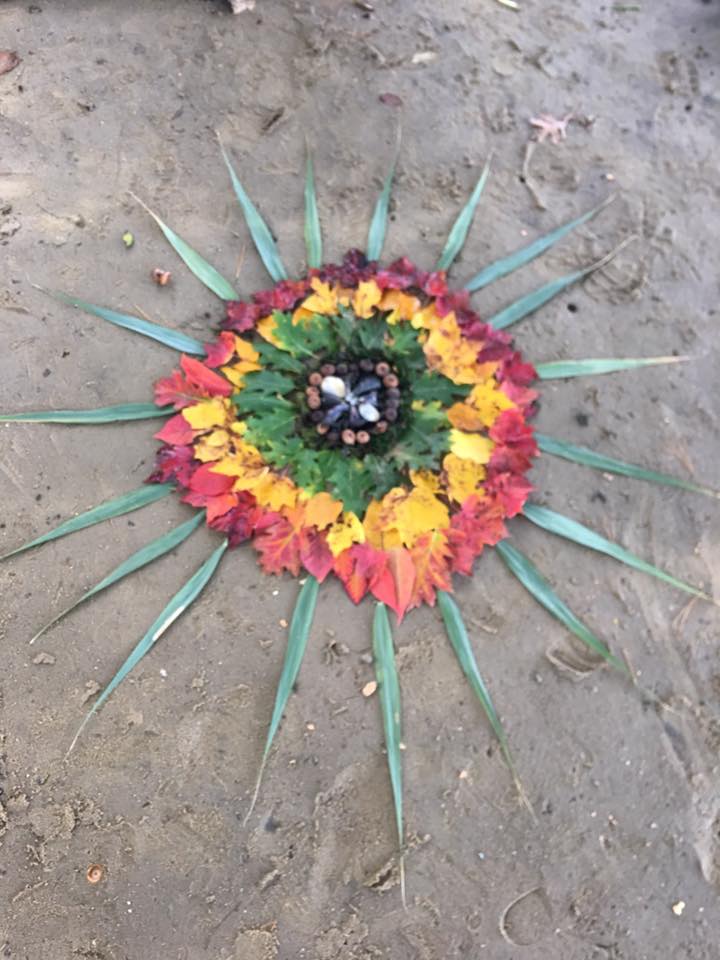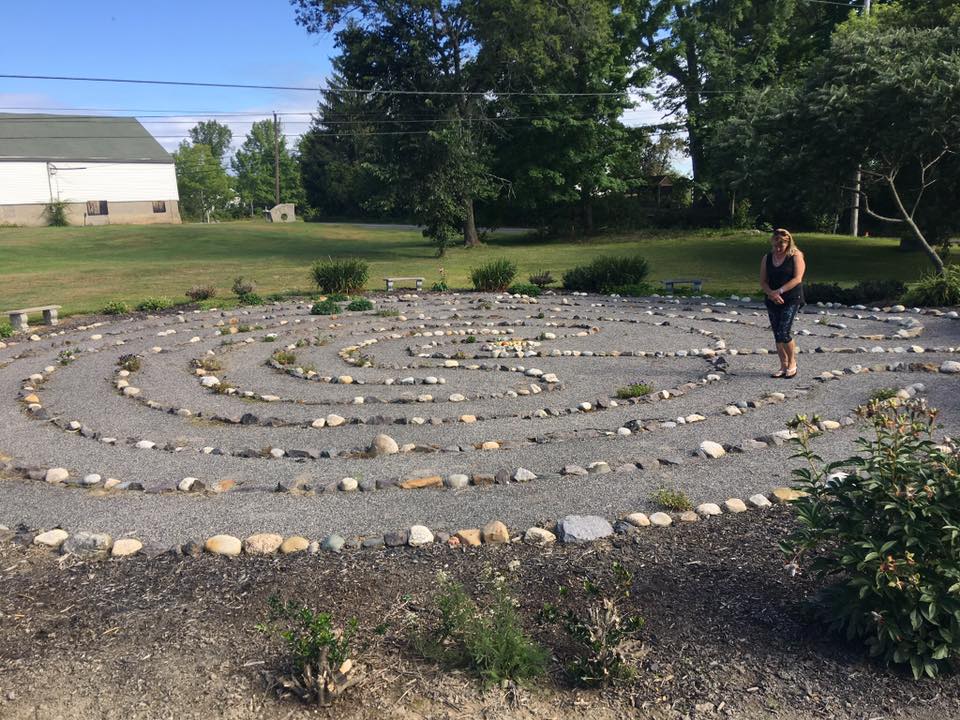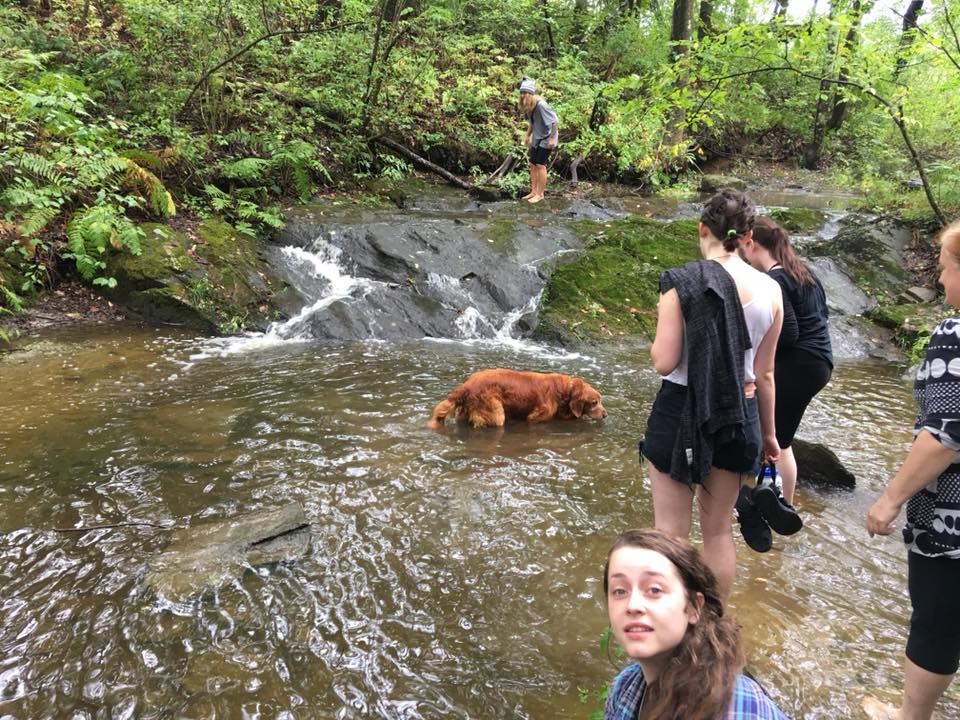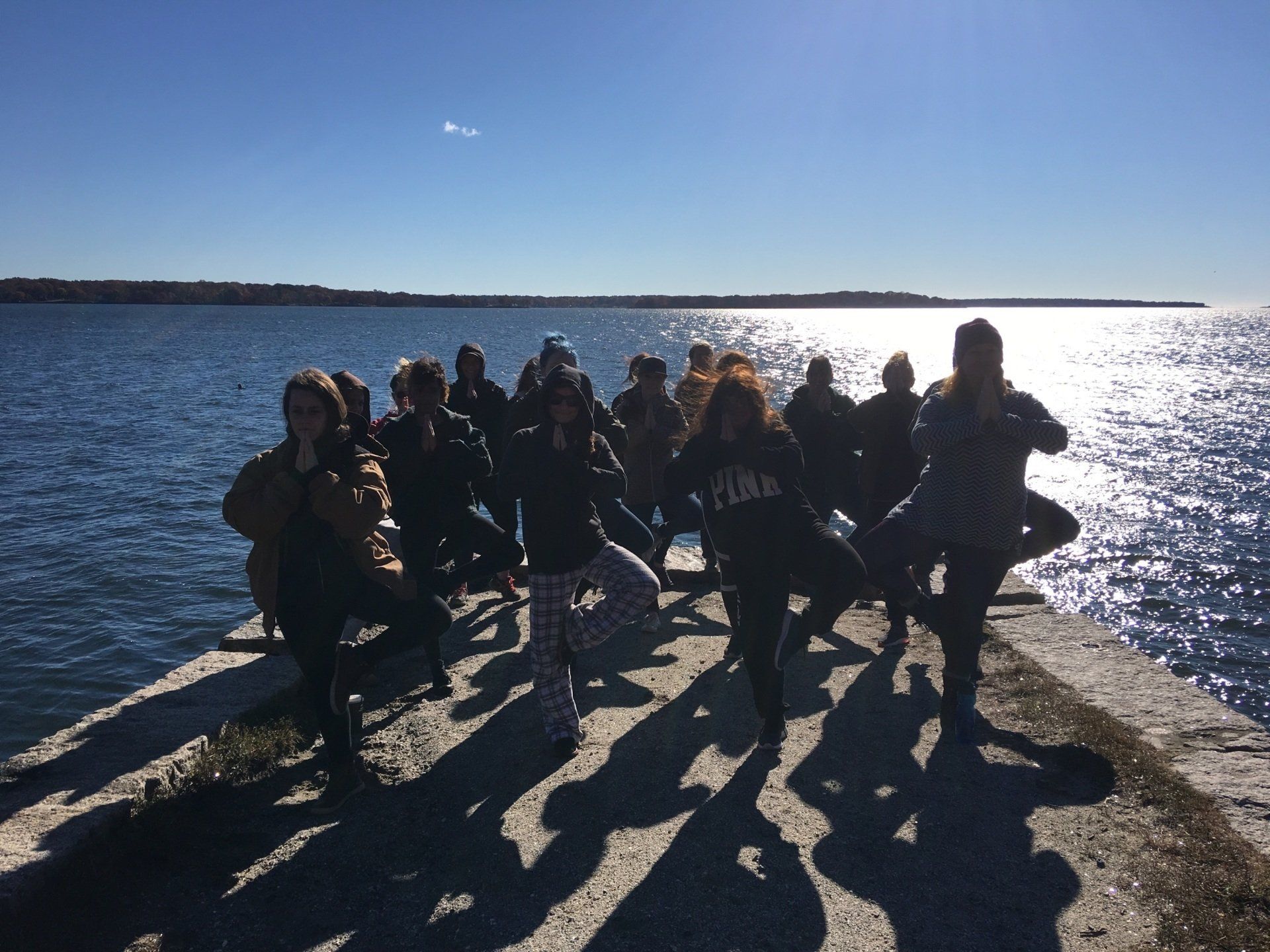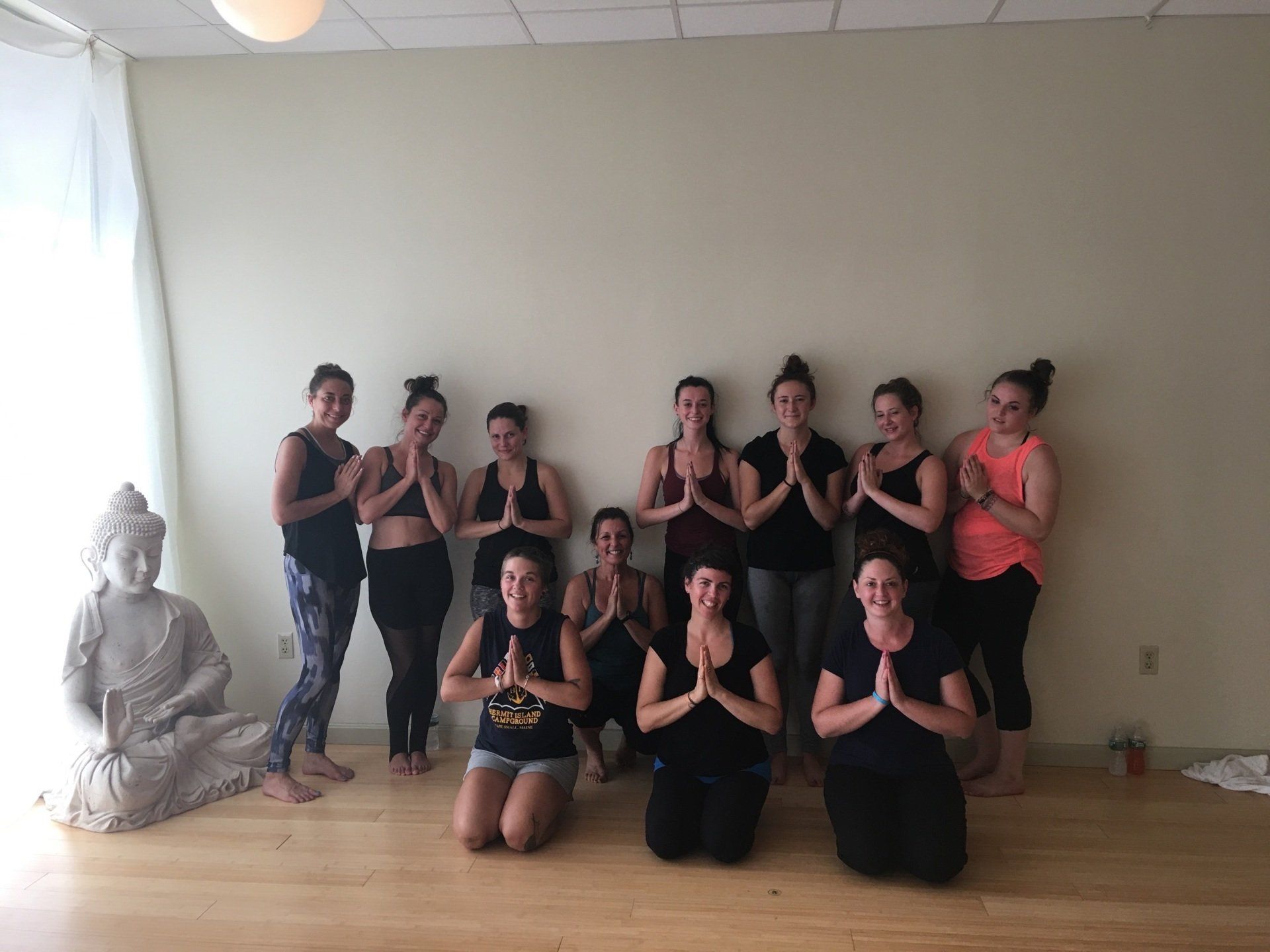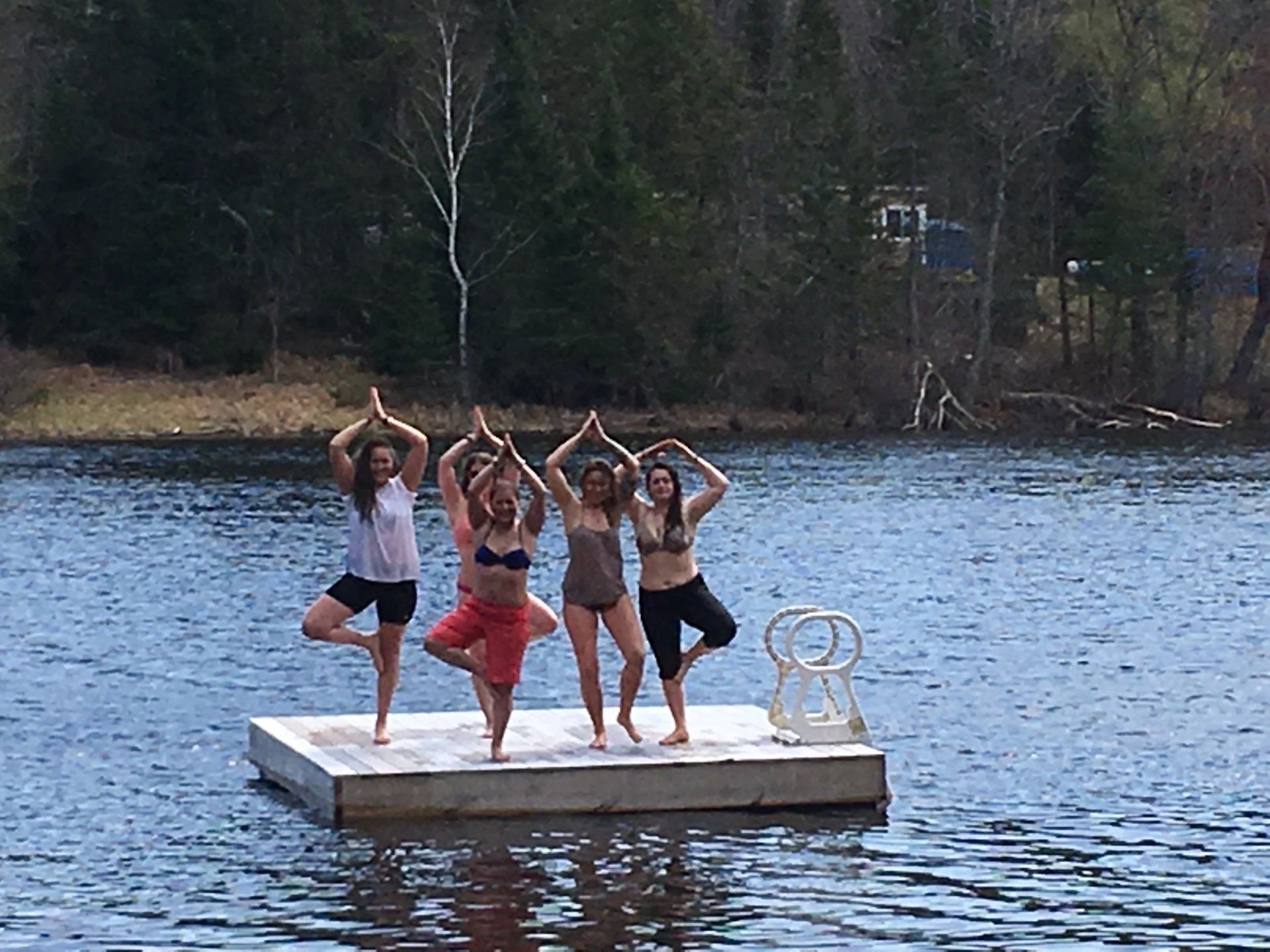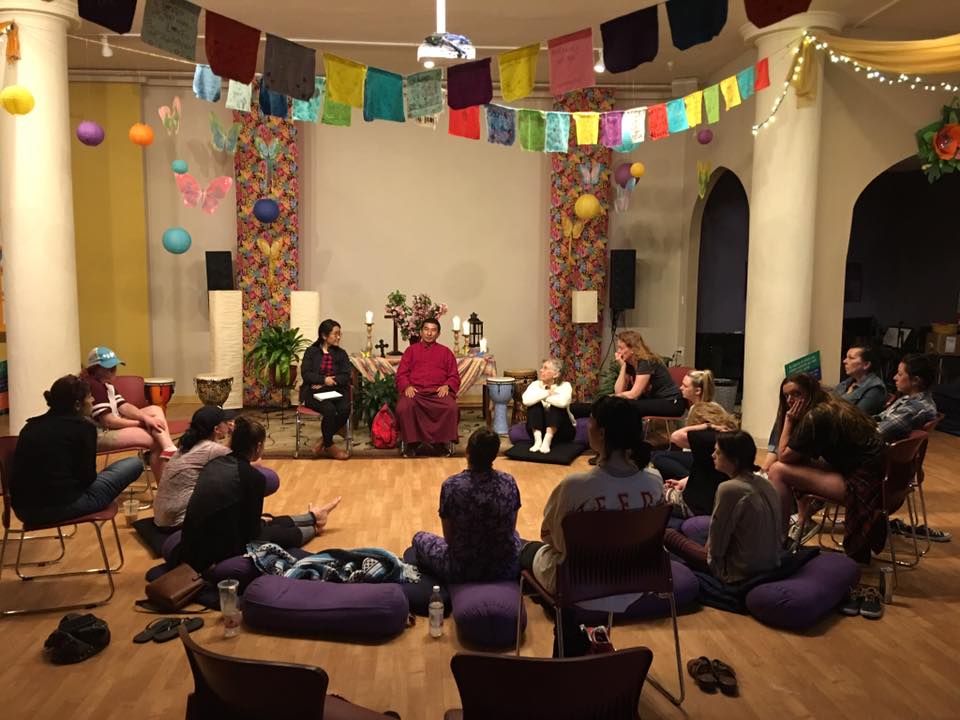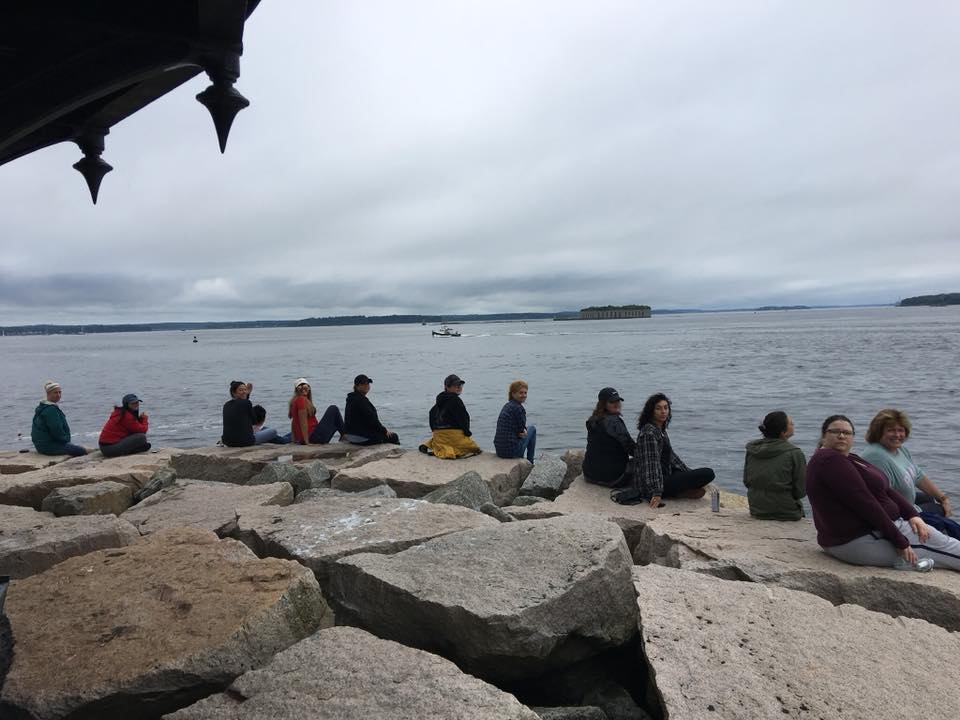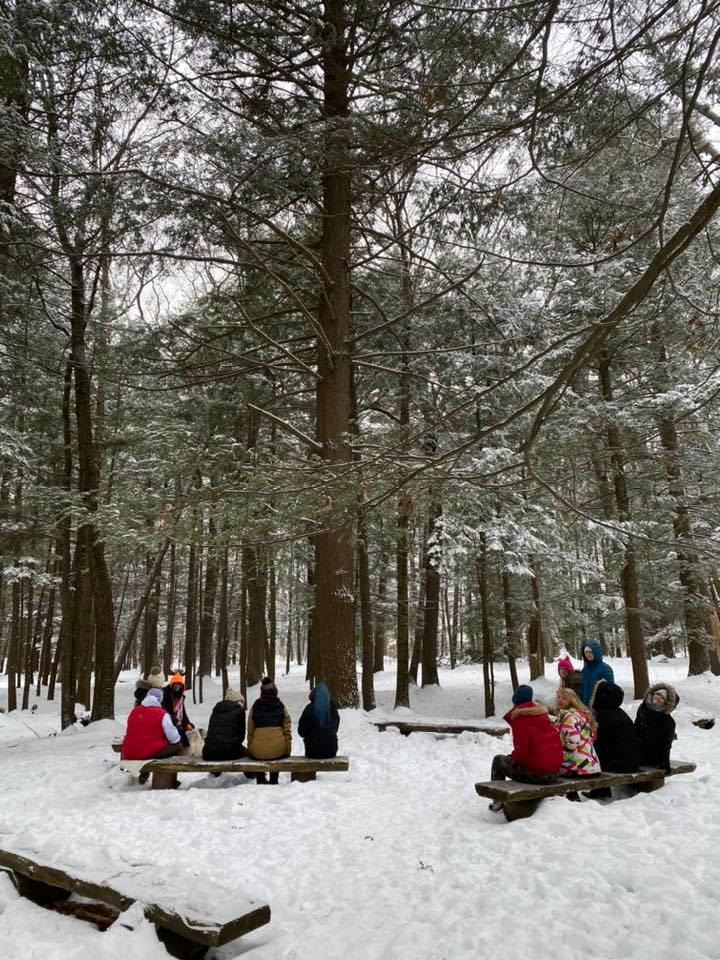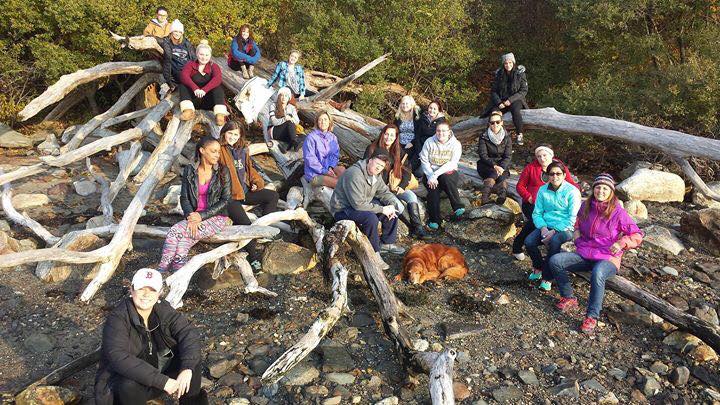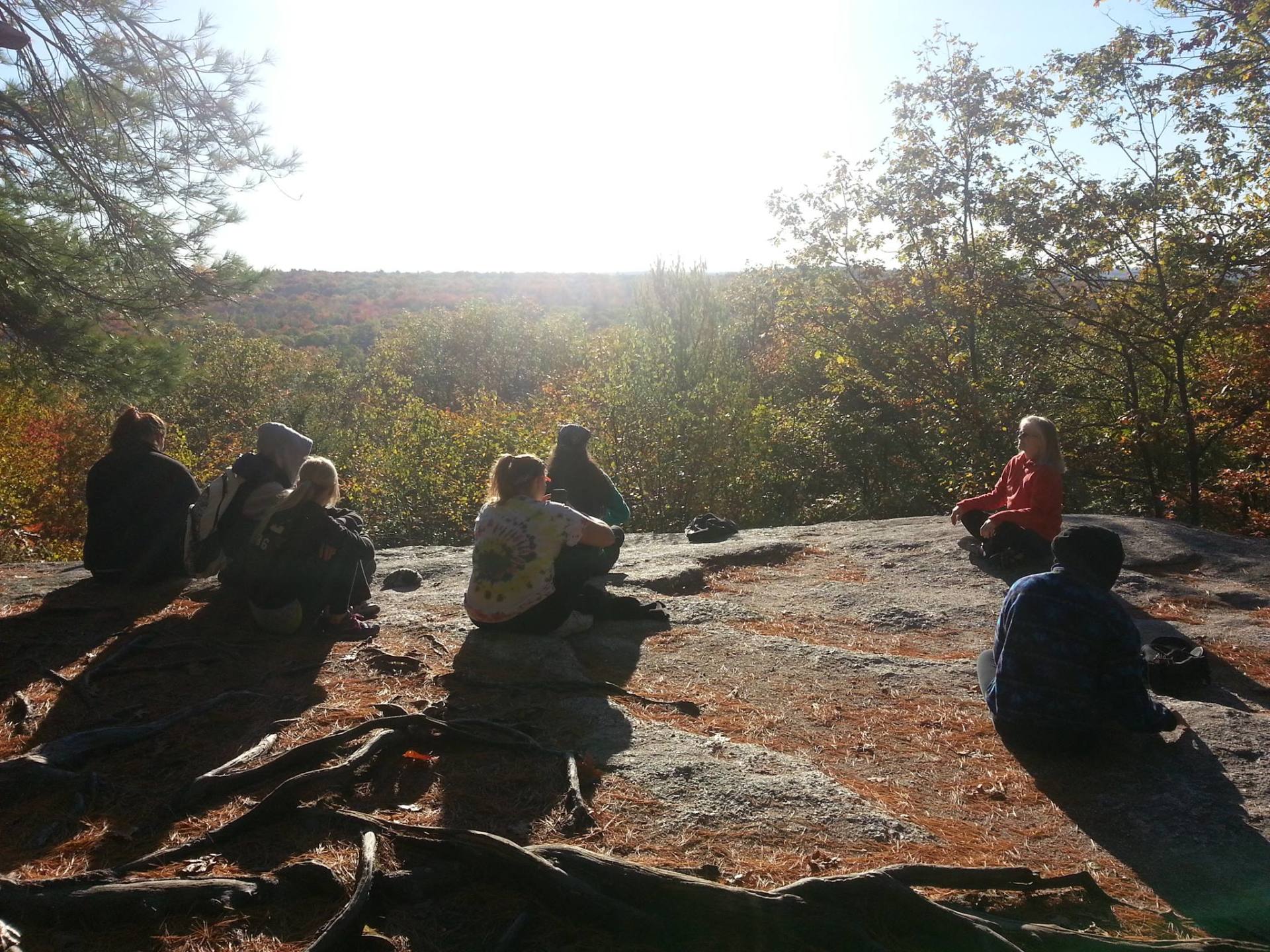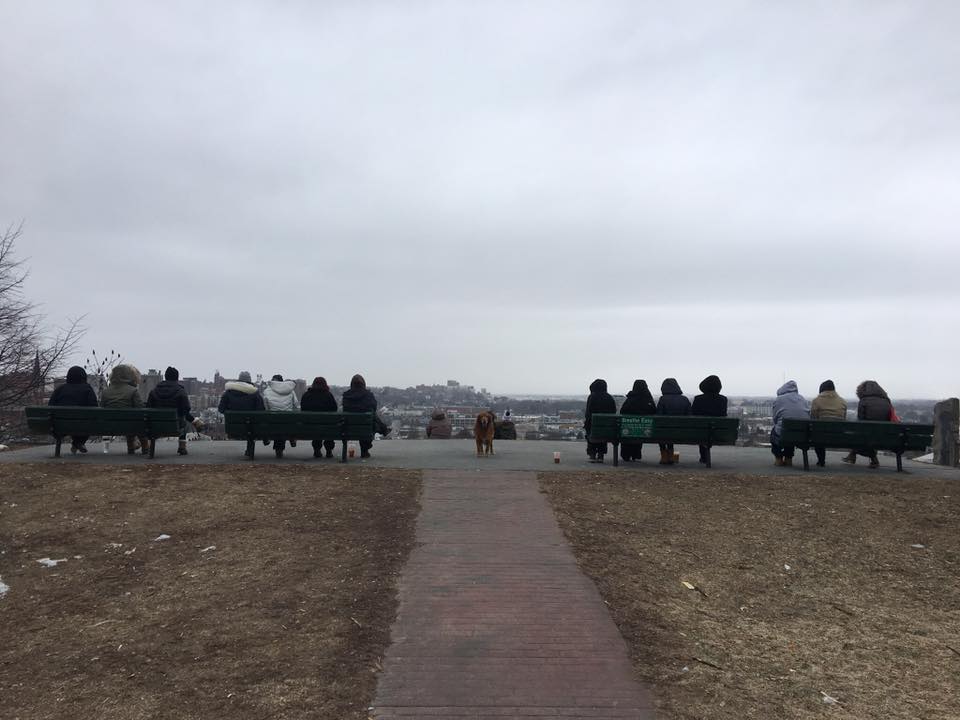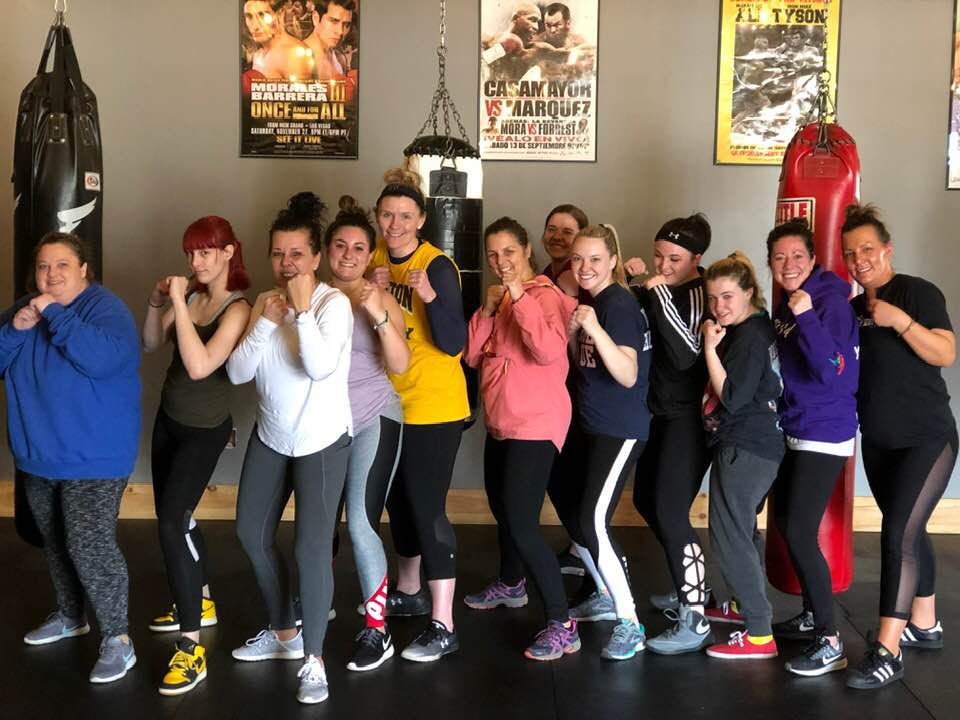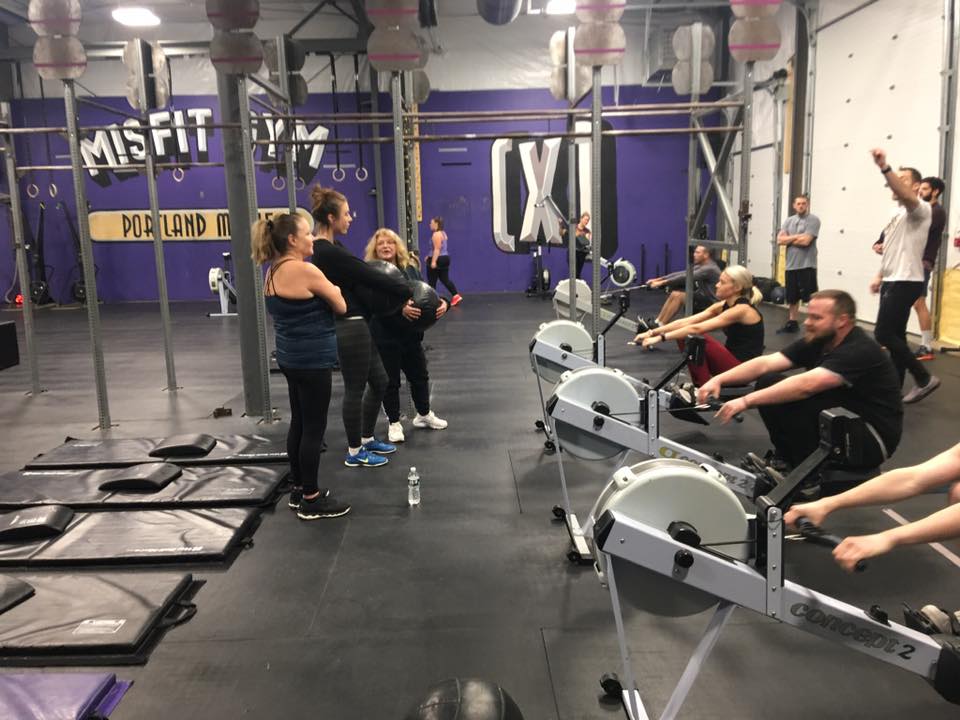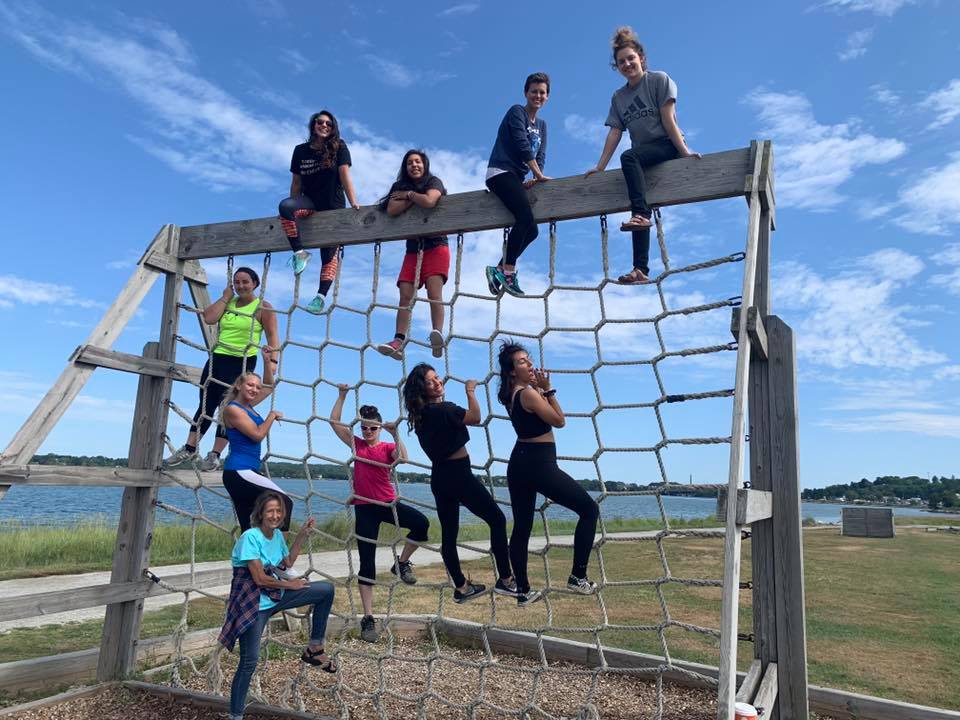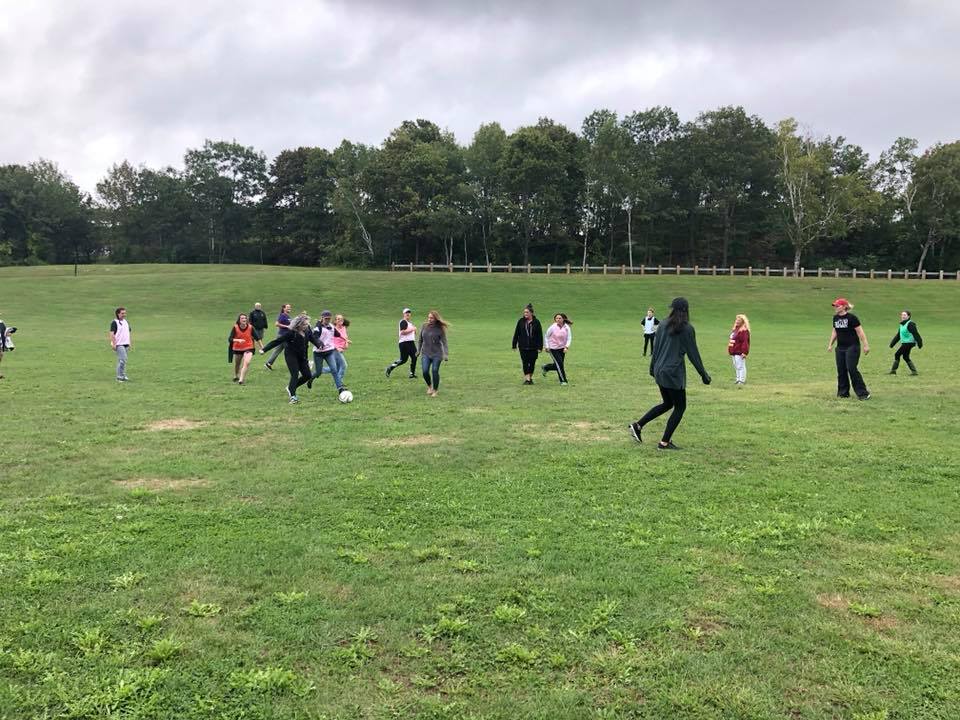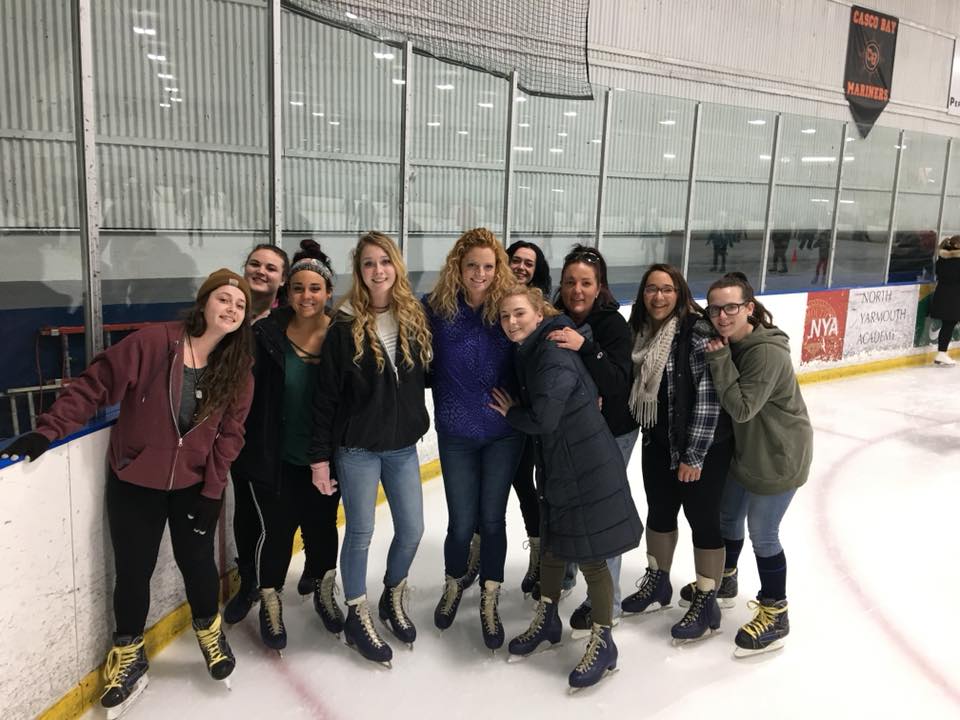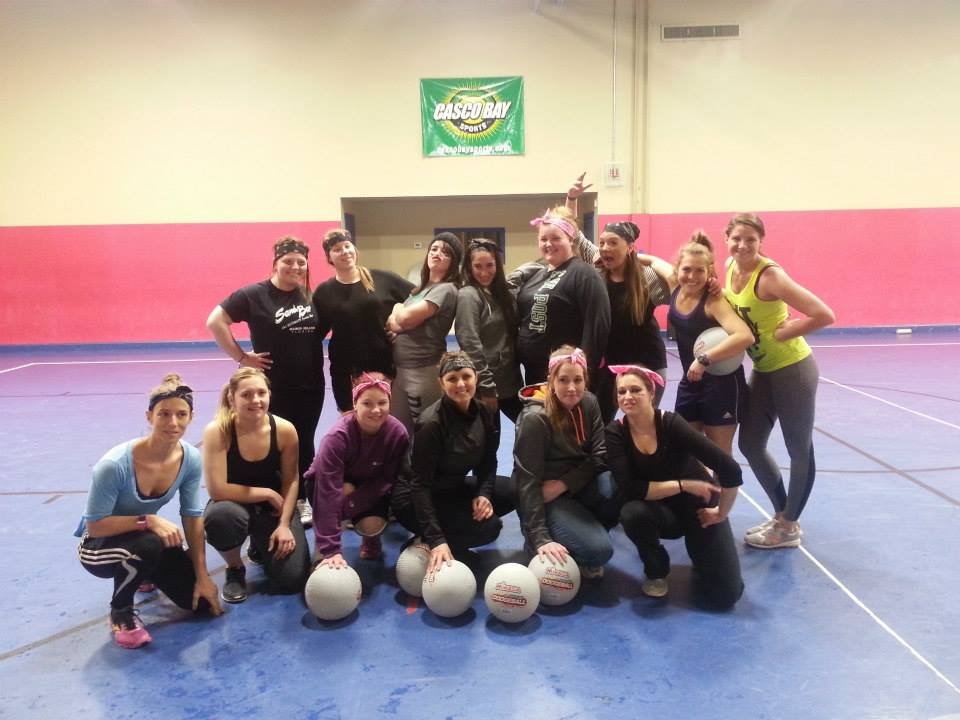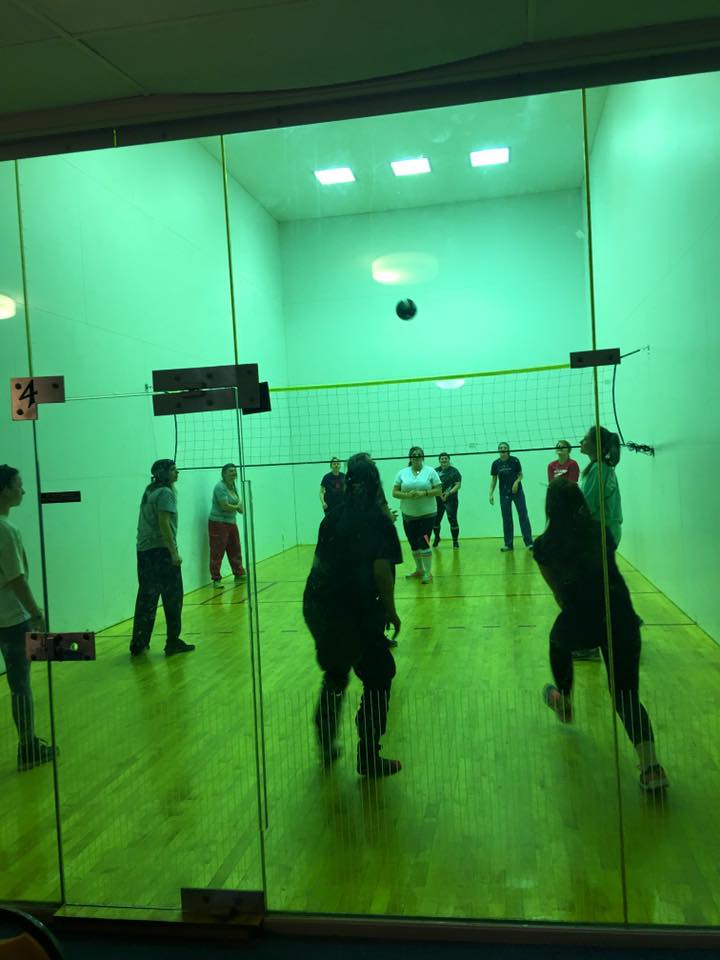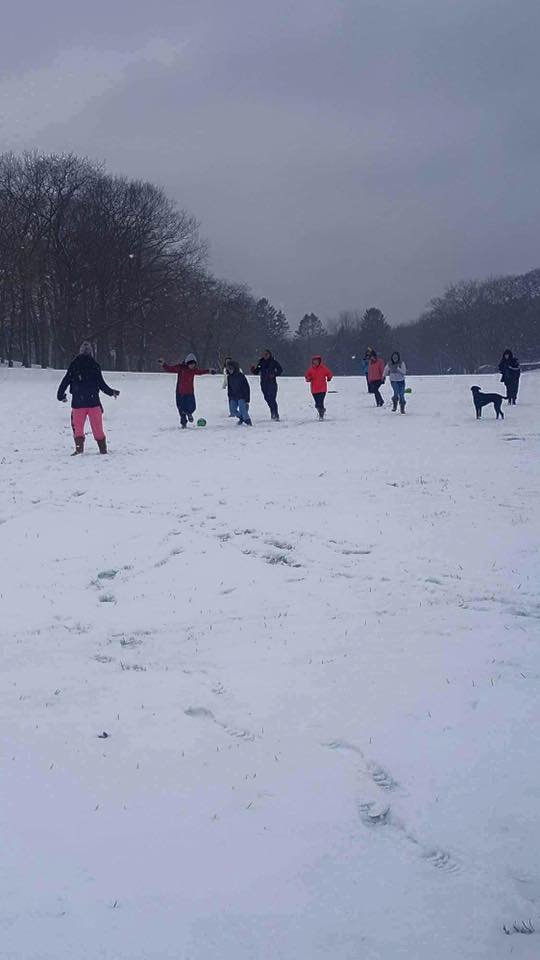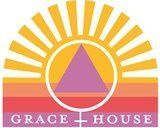Activities at Grace House
A day in the life...
Getting Outside and Finding Power
In addiction, we are closed off from the world, hiding in shame and isolation at who we have become from active addiction. There is a healing, spiritual power in nature that nurtures and restores our body, mind and soul.
The outside environment opens the right brain hemisphere with a focus on more of a holistic sense of connection, intuitive awareness of patterns, the beauty of nature and our imagination. Being in nature can teach individuals that you can “find a high, a rush on the water, hiking or mountain climbing” and this can often help in the prevention or treatment of addictions.
Here at Grace House, the Higher Power is often Mother Nature in all her glory, spinning the planets in our solar system and growing oak trees out of acorns. We get outside to the edge of the ocean, where the air, land and sea converge in a powerful landscape or we walk in a forest where the smell of the trees permeates our senses. We bathe in the river or ocean, lay in the grass or in the snow where we harken back to the days of our childhood when our connection to the Earth beckons to a simpler way of being and appreciating our surroundings.
Yoga
Modern yoga uses physical postures to learn how to connect mind, body, and breath to gain self-awareness and focus attention inward. Used in tandem with other treatment modalities, yoga is a healing practice that can be done anywhere. Yoga has many potential benefits, including:
- Stress and pain relief, emotional healing
- Healthier exercise and eating habits
- Heightened self-confidence and improved self-image
- Better sleep, reduced fatigue, and increased energy levels
Meditation
Addiction and meditation are polar opposites: addiction is checking out of/avoiding the here and now while meditation is checking in with the here and now. By giving more control over our emotions and insight into themselves, meditation can be a powerful tool for women at all stages of recovery.
Learn More
At Grace House, we meditate daily. Daily we get outside in the natural surroundings of our beautiful area. Residents also share their favorite practice with their housemates so they may feel empowered and supported in learning how to step up and help others.
Fitness and Recovery
"Move a muscle change a thought." This simple mantra embodies the idea that we cannot sit idly by, meditating and doing recovery work without taking care of our physical body. Physical fitness is associated with a number of key health outcomes, including heart disease,
cognition, mortality, and an overall feeling of well-being. A new study now links physical performance with mental health and emotions, suggesting that weak upper and lower body fitness can cause more serious depression and anxiety in women.
We choose to find movement through play - another key element to human happiness. Play brings people together and also brings the possibility of living a joyful life through experiencing fun.
Art & Beauty
For many addicts, the addictive behavior is driven by an overwhelming desire to alleviate emotional suffering. Through art, you are able to give voice to painful feelings, thoughts, and memories in a healthy and healing way that can be profoundly relieving and offers a productive outlet for difficult emotions. The process of creating something can become a way of regulating and improving mood, giving you new avenues for self-care.
The same can be said for just viewing beauty – in art, a garden, a playground or a houseplant. Research has shown that viewing art/beauty produces “the same chemical response as love” by triggering the release of dopamine in the brain. Art and beauty makes us feel good. Being able to experience non-destructive pleasure and process difficult emotions in a nurturing way is vital to recovery.
